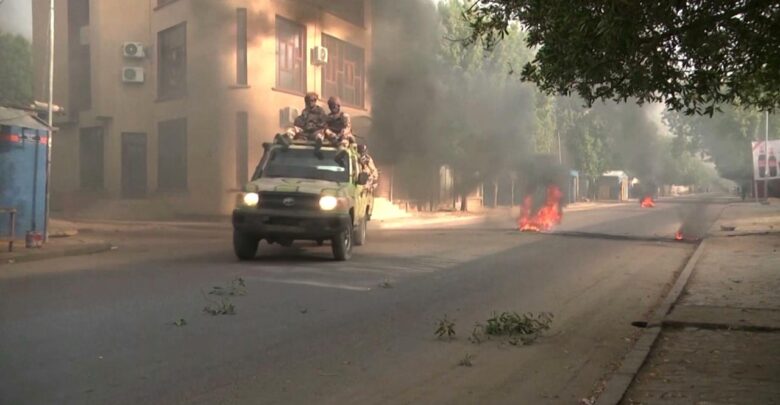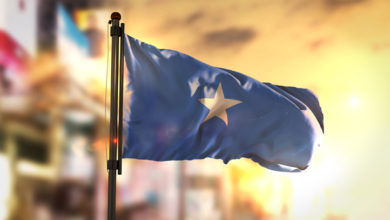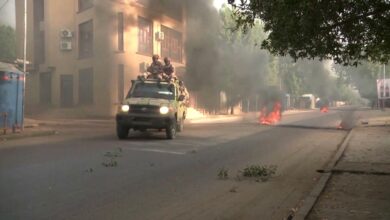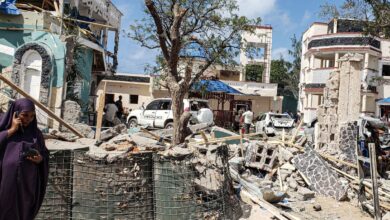Somalia
UN Human Rights Chief Decries Steep Rise In Civilian Casualties In Somalia Attacks

The United Nations (UN) human rights chief on Monday said human rights and humanitarian situation is deteriorating in Somalia due to a steep rise in civilian casualties across the country, largely at the hands of Al-Shabaab militants, reported The UN News.
According to latest UN figures, at least 613 civilians have been killed and 948 injured so far this year, the highest number since 2017 and nearly a third more than 2021. Out of the total, 315 deaths have been due to Improvised Explosive Devices (IEDs), nearly all the work of Al-Shabaab extremists.
The UN rights office, OHCHR, said that some casualties have been due to Government security forces, clan militia and other unidentified actors.
High Commissioner Volker Türk said that 2022 has brought an abrupt halt to a general decline in deaths and injuries documented since 2017. He added that he is deeply concerned that more Somalis continue to lose their lives on a daily basis.
Turk said that all parties to the conflict must uphold their obligations under international humanitarian law and ensure the protection of the civilians. This also includes armed elements engaged alongside the Government in the conflict against Al-Shabaab, as well as international forces.
The Al-Shabaab Islamist insurgency also continues to use suicide bombing as part of its terror campaign, the most recent of which was in October near the Ministry of Education in the capital Mogadishu. At least 121 people were killed, and 333 injured in the suicide bomb attack, according to Somalia’s Ministry of Health.
The UN rights chief called on the Somalian government to take all necessary steps along with those invested in stability across Somalia in the international community, to strengthen protection for all civilians, in line with international human rights norms and standards and international humanitarian law.
The OHCHR said that the Al Shabaab militants have also destroyed and poisoned wells in the Hiiraan region, at a time when the country is experiencing a severe drought that has deepened an already critical humanitarian crisis, which threatens hundreds of thousands with famine.





